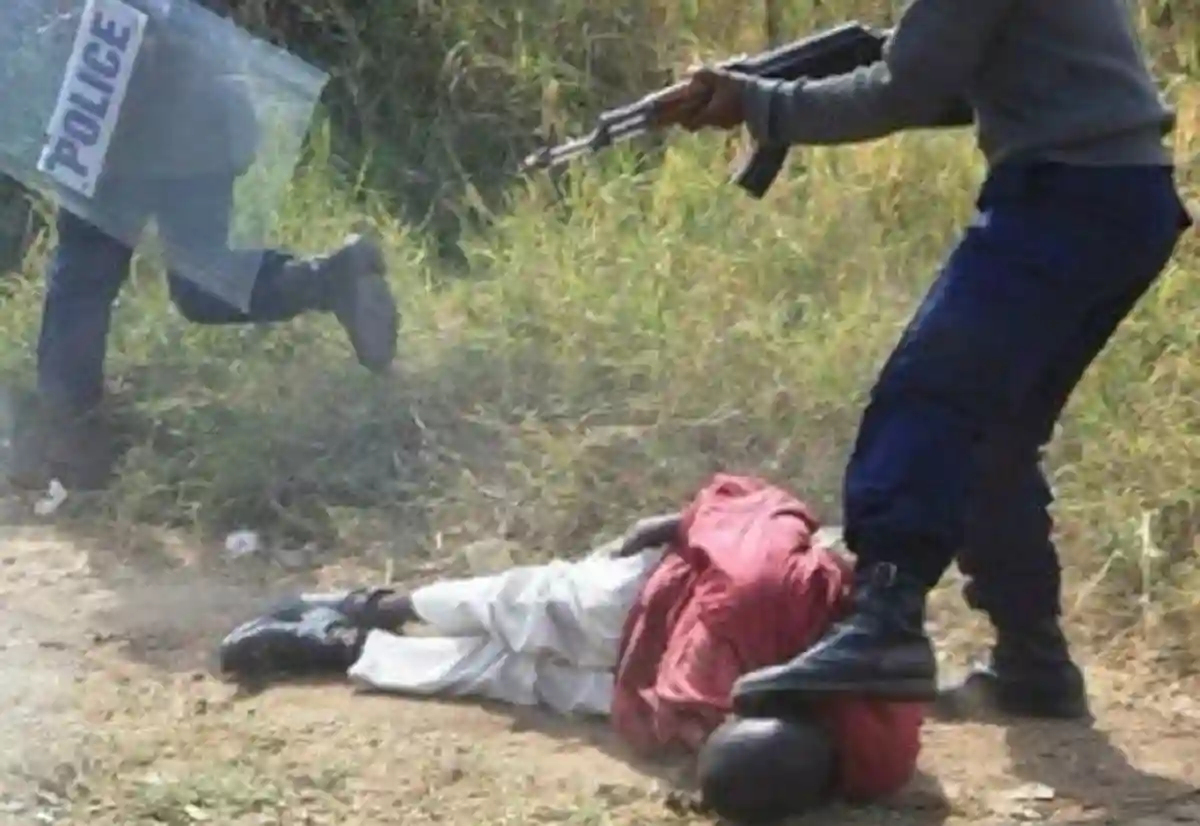The Legal Resources Foundation (LRF) joins the rest of the world in commemorating the International Day in Support of Victims of Torture. The 26th of June is set aside to honour and support victims and survivors of torture as well as to denounce the crime of torture.
This year’s commemoration is particularly significant for Zimbabwe as it is taking place against a background of reports and allegations of beatings, detention, and torture of human rights and political party activists.
We note with concern that while governments across the world are increasingly expressing commitment to eradicate torture, with 169 countries being party to the Convention against Torture Other Cruel, Inhuman or Degrading Treatment or Punishment as of October 2019, Zimbabwe is yet to ratify the Convention.
The United Nations Convention Against Torture aims to prevent torture and other acts of cruel, inhuman, or degrading treatment or punishment around the world.
The Convention requires state parties to take effective measures to prevent torture in any territory under their jurisdiction and forbids states to transport people to any country where there is a reason to believe they will be tortured.
The absolute prohibition against torture and other acts of cruel, inhuman, or degrading treatment or punishment has become accepted as a principle of customary international law.
At the regional level, Zimbabwe is a signatory to the African Charter on Human and Peoples’ Rights which also prohibits torture based on the dignity inherent in a human being.
Section 53 of the Constitution of Zimbabwe provides that no person may be subjected to physical or psychological torture or to cruel, inhuman, or degrading treatment or punishment.
The LRF, therefore, urges the government of Zimbabwe to;
1. Ratify the United Nations Convention against Torture and Other Cruel, Inhuman or Degrading Treatment or Punishment of 1984.
2. Conduct a full and thorough investigation into the reports of abductions, beatings, and subsequent torture with a view to ending impunity for perpetrators.
3. Enact legislation that expressly outlaws torture in Zimbabwe and bring to justice suspected torturers.
4. Set-up an independent complaints mechanism in terms of section 232 of the Constitution which will investigate complaints against members of the security forces against whom allegations of torture or cruel, inhuman, or degrading treatment or punishment are made.
Legal Resources Foundation Commemorates International Day In Support Of Victims Of Torture {Full Text}

